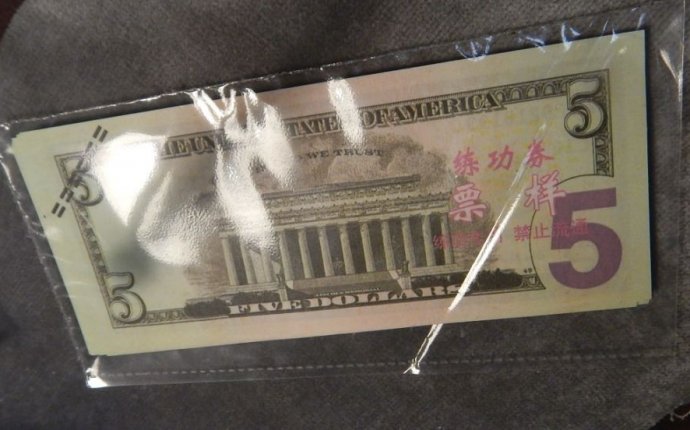
Bank Teller Education requirements
Bank tellers aid customers in making deposits, withdrawals and other transactions. Most bank tellers hold a high school diploma or the equivalent and receive on-the-job training after they're hired. They need to be familiar with basic computer use and might be tested on general math aptitude. A background check is also required. During their on-the-job training, they learn to perform various teller duties and get information on the bank's policies and practices.
The U.S. Bureau of Labor Statistics or BLS reported in May 2015 that the median salary for bank tellers was $26, 410. The BLS also projected a decline in bank teller employment of 8%, from 2014-2024.
Educational Requirements
Bank teller positions require a high school diploma or GED. A college degree isn't necessary to find work, but a 2-year associate or 4-year bachelor's degree in math, finance or business might help one get hired or promoted. Education in a second language can also help in finding work with banks looking for applicants fluent in foreign languages.
Certificate Programs
Though not required, some schools offer short bank teller education programs resulting in a certificate. Classes in these programs explain bank operations, banking regulations, ethics and teller duties. The curriculum is designed to strengthen the student's math and customer service skills.
On-The-Job Training
Prospective tellers are tested on their aptitude with figures; they generally need to be able to work on computer terminals. Since they handle cash and personal information, applicants must pass a thorough background check.
During on-the-job training, tellers are introduced to the bank's computer applications, trained on cash-counting and check-processing machines and taught how to interact with customers. They must also learn the bank's security, audit and compliance procedures.
Bank teller training also covers special services, such as redeeming U.S. Savings Bonds, taking coin orders and issuing bank-certified checks or traveler's checks. Tellers learn to make out money orders, take utility and loan payments, issue license plate stickers and provide customer access to safe deposit boxes. They might be trained to assist in sales initiatives geared toward finding customers interested in investments, loans and credit cards.
Career Duties
A teller's daily tasks include setting up a cash drawer, counting cash, taking deposits and making withdrawals. They file deposit slips and other paperwork, sort checks, handle correspondence and balance accounts. They might need to be proficient with spreadsheets and online teller systems.









